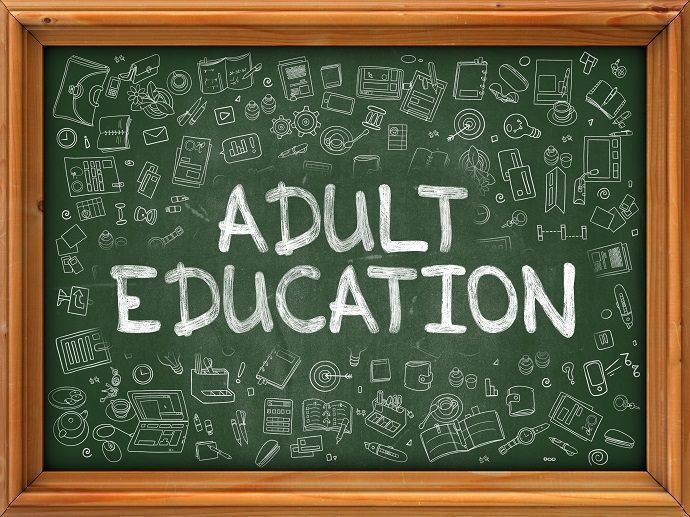Blitz News Digest
Stay updated with the latest trends and insights.
Edutainment: Learning While Having Fun
Discover the magic of edutainment! Unleash fun ways to learn and explore new ideas while enjoying every moment. Dive in now!
5 Engaging Edutainment Activities for Kids That Promote Learning
Engaging children in fun and educational activities can transform learning into an exciting adventure. Here are 5 engaging edutainment activities for kids that promote learning while keeping them entertained:
- Interactive Science Experiments: Conduct simple at-home science experiments like volcano eruptions using baking soda and vinegar. This hands-on approach not only teaches kids about chemical reactions but also encourages critical thinking.
- Storytelling Through Art: Encourage kids to create a story using drawings, paintings, or collages. This not only boosts their creativity but also improves their narrative skills as they illustrate their thoughts.
- Mathematics with Cooking: Involve kids in cooking by measuring ingredients. This practical application of math helps reinforce concepts like fractions, measurements, and even basic geometry.
- Nature Scavenger Hunts: Organize a scavenger hunt in your backyard or a local park. Kids can learn about different plants and animals while practicing observation and identification skills.
- Music and Rhythm Games: Use music to teach rhythm and patterns. Creating simple songs or clapping games can enhance memory and improve auditory processing.
These activities not only provide entertainment but also significantly contribute to a child's development. By making learning interactive and enjoyable, edutainment activities help to instill a lifelong love of knowledge. Keep these activities engaging and open-ended to encourage children to explore and ask questions, fostering a growth mindset from an early age!

How Edutainment Transforms Education: The Benefits of Learning Through Play
Edutainment merges education and entertainment, creating a dynamic environment where learning becomes enjoyable and engaging. By incorporating elements of play into the educational process, learners are more likely to retain information and develop critical thinking skills. For example, game-based learning allows students to experiment and make decisions within a controlled setting, which can lead to enhanced problem-solving abilities. Learning through play not only fosters creativity but also promotes collaboration among peers, as students often work together to navigate challenges presented by educational games.
The benefits of edutainment extend beyond mere enjoyment; it also addresses various learning styles. Utilizing a blend of visual, auditory, and kinesthetic methods, learning through play accommodates diverse student needs. Additionally, as students engage in playful educational experiences, they often exhibit higher levels of motivation and reduced anxiety, making learning a more positive experience overall. In conclusion, edutainment represents a significant shift in teaching methods, demonstrating that transforming education through enjoyable activities can cultivate a lifelong love for learning.
Can Playing Games Really Enhance Learning?
The question of whether playing games can enhance learning is one that has garnered significant attention in recent years. Many educators and researchers have found that incorporating game elements into educational settings can lead to increased engagement and motivation among students. For instance, games can offer a dynamic environment where learners can experiment and explore concepts in a hands-on manner. This interactive aspect of gaming allows students to grasp challenging topics through strategic thinking and problem-solving, ultimately facilitating deeper understanding.
Moreover, games can promote various cognitive skills, such as critical thinking, creativity, and collaboration. By engaging in multiplayer games, learners are often required to work in teams, communicating and strategizing together to achieve common goals. This fosters not only social skills but also enhances the ability to think on their feet and adapt to rapidly changing scenarios. As a result, the integration of games into educational curriculums can serve as a powerful tool for enhancing learning outcomes and preparing students for real-world challenges.